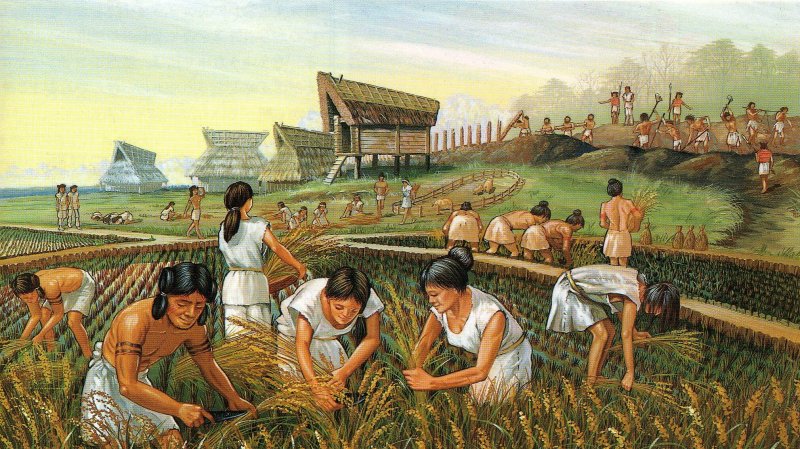A fundamental question about the precise role of agriculture in early human history remains unanswered.
Did the advent of intensive farming practices encourage people to live around farmland in communities and develop complex social structures?
Or did the drive to live in social groups create spur the development of agricultural practices to feed all those hungry mouths?
Typically, the conventional assumption the development of intensive agriculture paved the way for primitive social groups, such as hunter gatherers, to form permanent communities and develop structured societies.
But a team of scientists from the University of Auckland and the Max Planck Institute for the Science of Human History has released a study which uncovered compelling new evidence.
“The findings suggest that intensification of agriculture and the rise of more hierarchical, socially complex human societies promoted each other, perhaps as a part of a feedback loop that may also have involved population growth,” says lead author and University of Auckland PhD candidate Oliver Sheehan.
The scientists argue that farming and social and cultural factors played an equal part in driving the creation.
Editor’s note: Read full study
Read full, original post: Did farming create complex societies?































